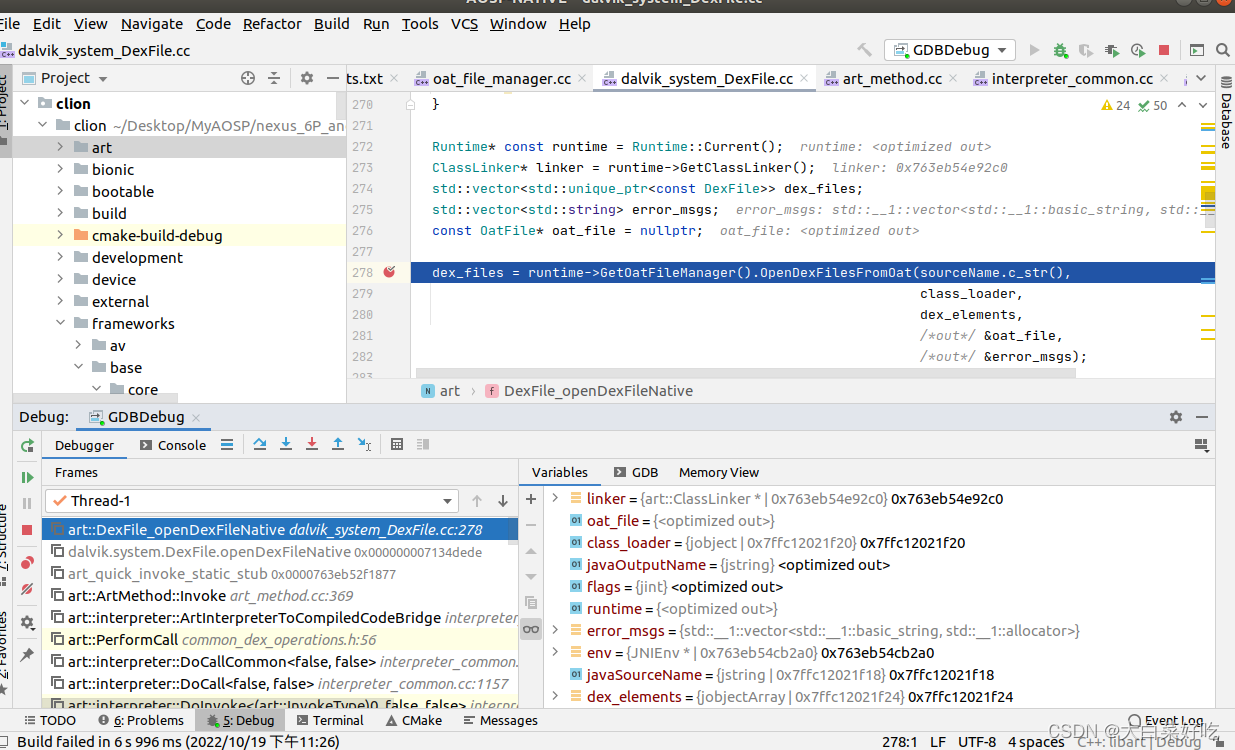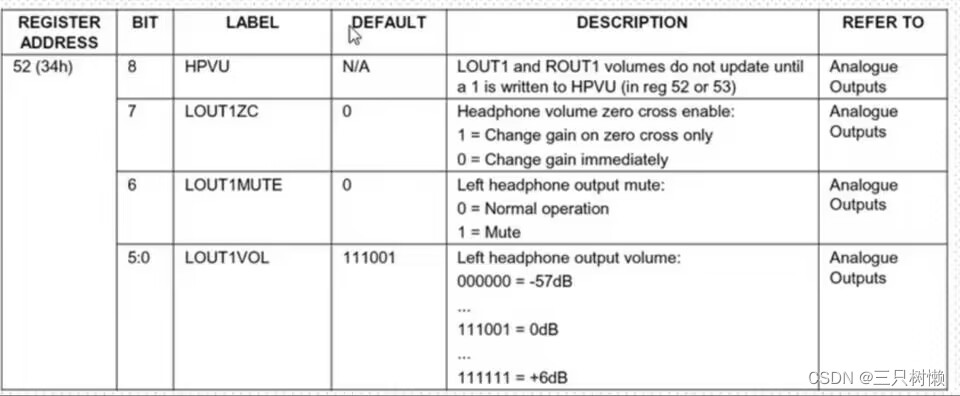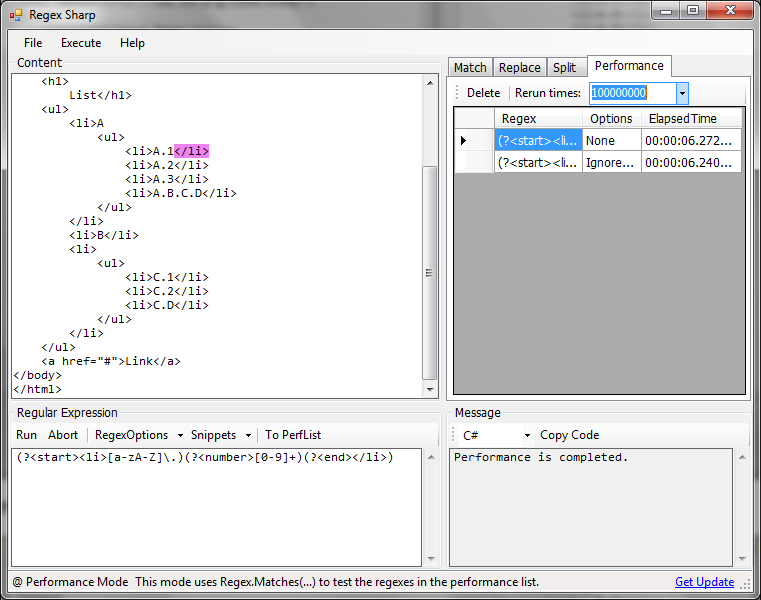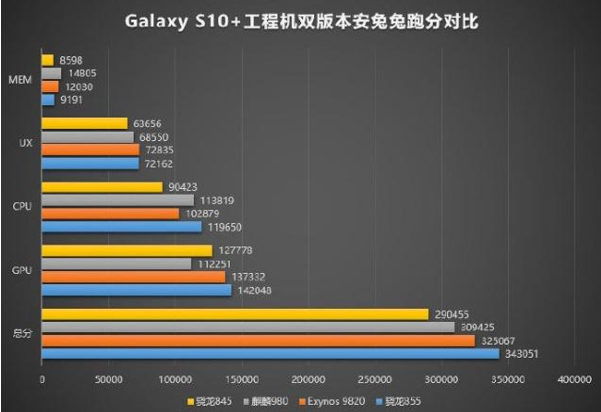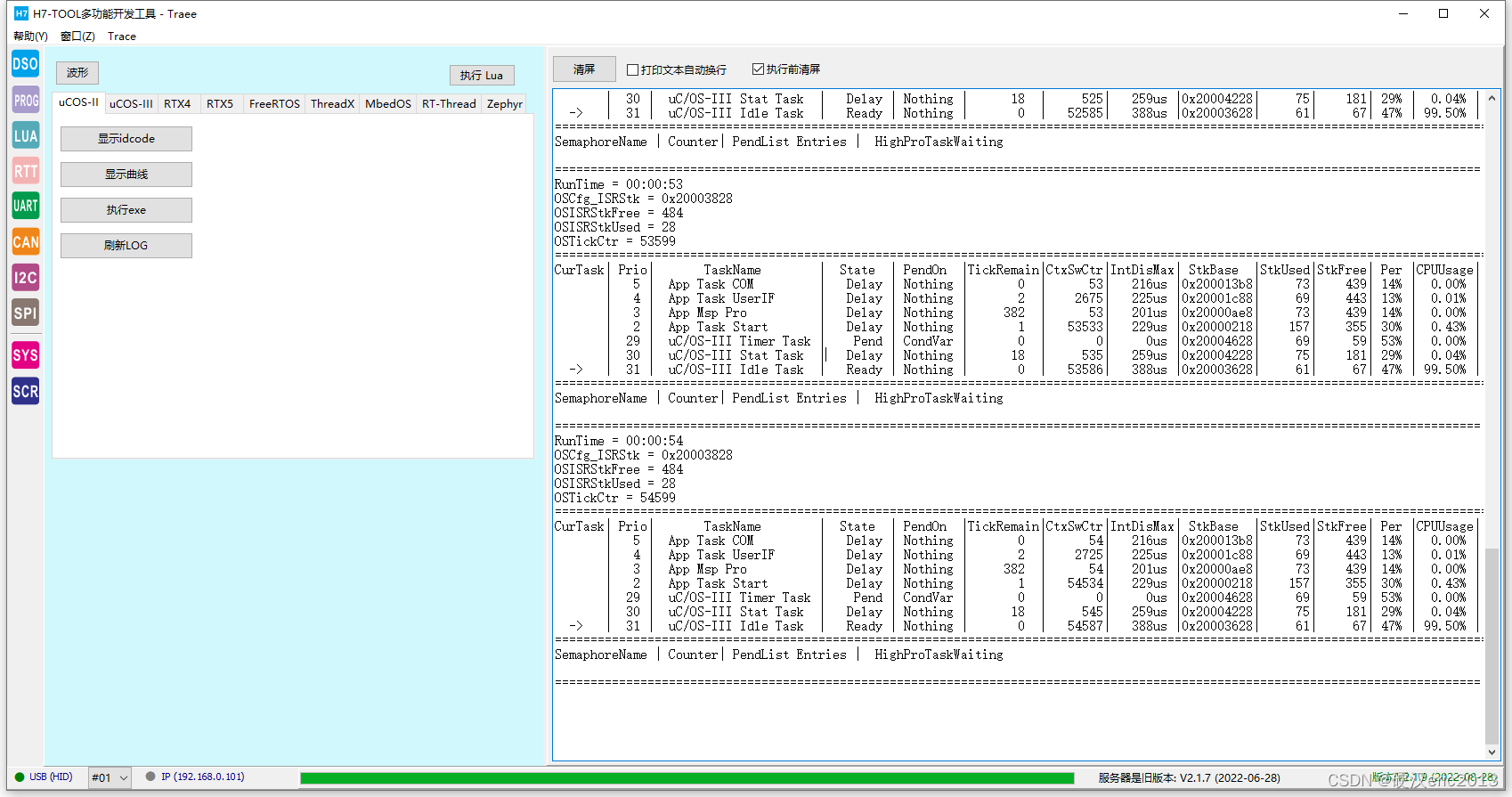1 ARM的发展历程
1978年,CPU (Cambridge Processor Unit)公司在英国剑桥诞生,意为“剑桥处理器单元”。次年,该公司又改名为Acorn。在后续几年,陆续推出BBCMicro微型计算机和ARM1芯片。直到1990年,由苹果公司、芯片厂商VLSI和Acorn的12位工程师改组,成立ARM公司,并改变产品策略,不再生产产品,转向芯片IP设计方案授权模式。在1998年成功在伦敦和纳斯达上市,随后陆陆续续发布ARMv1-8架构,其中ARMv8是第一款64为架构,到目前为止,仍为市场上主流的ARM架构。在2019年,ARM发布ARMv9架构,但目前还未广泛应用。

2 ARM系列产品
| 架构 | 处理器家族 |
| ARMv1 | ARM1 |
| ARMv2 | ARM2、ARM3 |
| ARMv3 | ARM6、ARM7 |
| ARMv4 | StrongARM、ARM7TDMI、ARM9TDMI |
| ARMv5 | ARM7EJ、ARM9E、ARM10E、XScale |
| ARMv6 | arm1、Cortex-M0、Cortex-M1 |
| ARMv7 | Cortex-A: Cortex-A5、Cortex-A9、Cortex-A15; Cortex-M:Cortex-M3、Cortex-M4、Cortex-M7; Cortex-R: Cortex-R4、Cortex-R8 |
| ARMv8 | Cortex-A:Cortex-A35、Cortex-A53、Cortex-A76; Cortex-M:Cortex-M23、Cortex-M33、Cortex-M35; Cortex-R:Cortex-R52 |
| Product Family | Feature | Example Use Cases |
| Cortex-A | Highest Performance Superme performance at optimal power | Automotive Mobile Medical |
| Cortex-R | Real-Time Processing Reliable mission-critical performance | Automotive Industrial Cameras |
| Cortex-M | Lowest Power, Lower Cost Powering the most energy-efficient embedded devices | Automotive Smart devices Secure embedded applications |
| Neoverse | Maximum Performance, Maximum Efficiency Revolutionary compute performance | Clound Computing Edge Computing Network Infrastructure |
| Machine Learning | Efficiency Uplift for ALL Devices Project Tyillium for unmatched versatility and scalability | Artificial intelligence Augmented reality Edge Computing |
| SecurCore | Tamper Resistant Powerful solutions for security applications | Advanced payment systems SIM Smary cards |
3 ARMv8-a扩展
| ARMv8-A | Cortex-A35、Cortex-A53、Cortex-A57、Cortex-A72、Cortex-A73 | Samsung Exynos 9810 |
| ARMv8.1-A | TBA | |
| ARMv8.2-A | Cortex-A55、Cortex-A75、Cortex-A76 | 海思麒麟980 |
| ARMv8.3-A | TBA | Apple A12 Bionic |
| ARMv8.4-A | TBA |
4 ARM特点总结
ARM处理器的三大特点是:功能强大能耗低,支持16位、32位和64位指令集,合作伙伴众多。
(1) 体积小,成本低,高性能,低功耗;
(2) 支持Thumb(16位)、ARM(32位和64位)指令集,能很好兼容8位/16位器件;
(3)大量使用寄存器,指令执行速度会更快;
(4)大多数数据操作都在寄存器中完成;
(5)寻址方式灵活简单,执行效率高;
(6)指令长度固定。

